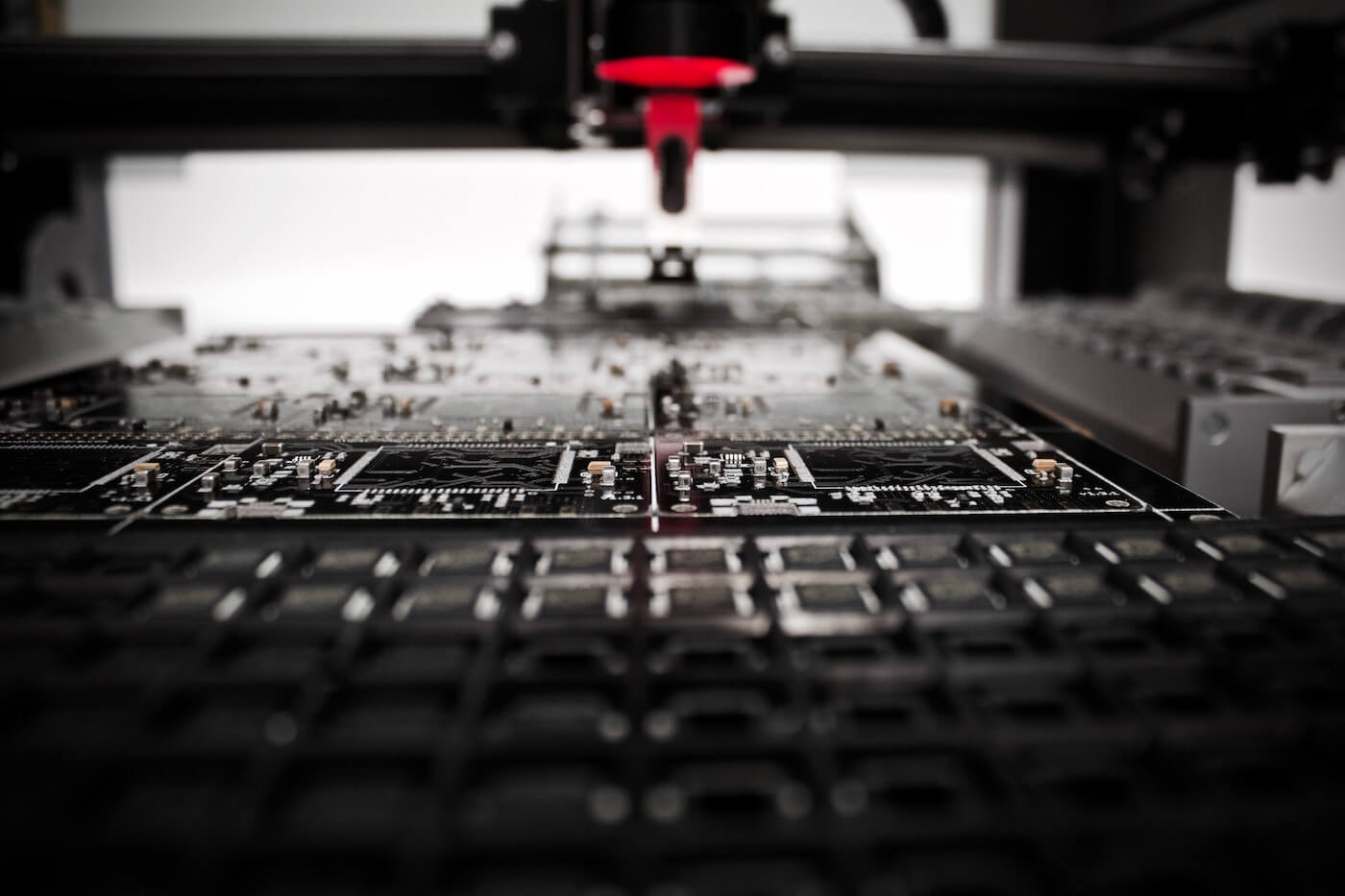The Internet of Things (IoT) is no longer a theoretical concept discussed in high-tech boardrooms. Instead, it has permeated every industry, and manufacturing is no exception. While discussions around IoT often circle around its impact on production and supply chain management, a critical area that is equally disrupted is customer service.

The Age of Industry 4.0
With the advent of Industry 4.0, the manufacturing industry has embraced digitization on a grand scale. IoT is the backbone of this revolution, acting as the digital thread that connects machines, systems, and humans.
In the age of Industry 4.0, digital customer service platforms are no longer an option but a necessity for manufacturing businesses.
For many businesses, however, understanding the possibilities of IoT for customer service might seem daunting. After all, digitization in manufacturing is an enormous topic, encompassing a range of technologies and strategies.
Transforming Customer Service through Digitization
The beauty of IoT lies in its capacity to connect systems, processes, and devices. It creates an ecosystem of smart devices that communicate with each other, automate tasks, and generate valuable data. When applied to customer service, these attributes translate into better connectivity with customers, improved service delivery, and an enhanced ability to anticipate customer needs.
As manufacturers begin to recognize these benefits, they are increasingly shifting towards digital platforms like customer portals to better serve their customers.
Through these platforms, customers can now access services instantly, lodge requests, track progress, provide feedback, and more. This level of convenience and control greatly improves customer satisfaction.
With AI's incorporation into these platforms, such as the AI chat assistant, real-time personalized customer service is becoming a reality.

Predictive Maintenance and Analytics
The data generated by IoT devices is an invaluable resource that goes beyond mere performance statistics. When harnessed correctly, it can be used to anticipate customer needs, personalize service offerings, and even predict machine failures before they occur.
One major use case of IoT data in customer service is predictive maintenance. By analyzing the data from IoT sensors, manufacturers can predict and rectify potential machine issues before they lead to costly downtime or impact productivity.
A good example of this approach is the use of predictive analytics to manage machine downtime. With advanced notice of potential failures, manufacturers can prepare for maintenance, reducing downtime and minimizing impact on customers.
The Convergence of IoT and Emerging Technologies in Customer Service
As customer expectations evolve, so does the technology to meet and exceed them. IoT, coupled with other cutting-edge technologies like augmented reality (AR), artificial intelligence (AI), and machine learning (ML), is significantly enhancing the customer service landscape in the manufacturing sector.
IoT and Augmented Reality
The marriage of IoT and augmented reality in customer service is creating new avenues for remote assistance, troubleshooting, and training. With AR, manufacturers can now overlay digital information onto the physical world, providing real-time guidance and support to customers and field technicians.
A great example of this fusion of technologies can be seen in remote support. Technicians can use AR glasses to visualize the machine's components, with IoT data providing real-time status updates and potential solutions.
Similarly, AR can be used for remote commissioning of machines and plants, minimizing travel costs and speeding up the process.
AR, when combined with IoT, is truly revolutionizing customer service, bringing expertise to the customer, no matter where they are.
IoT and Artificial Intelligence
When artificial intelligence meets IoT, the possibilities for customer service are endless. AI enables businesses to glean actionable insights from the massive data generated by IoT devices.
These insights are instrumental in delivering personalized customer service. For instance, AI-supported checklists and instructions created based on a customer's usage patterns and previous interactions can enhance the customer experience immensely.
Moreover, AI can power intelligent chatbots on digital customer service platforms, providing instant and personalized responses to customer inquiries.
Implementing IoT-Powered Customer Service in Manufacturing

Adopting IoT for customer service in manufacturing comes with its share of challenges. Manufacturers need to strike a balance between leveraging technology and maintaining the human touch, essential for customer service. Let's explore a few strategies that can help manufacturers implement IoT-powered customer service effectively.
Empowering Employees with IoT Data
IoT data is only as useful as the insights derived from it. Empowering employees with access to relevant, real-time IoT data can help them make informed decisions and provide better customer service. For instance, an intelligent ticketing system fed with IoT data can help service agents quickly identify and resolve customer issues.
Leveraging Predictive Analytics
IoT combined with predictive analytics can revolutionize customer service by predicting potential issues before they escalate. Machine learning algorithms can analyze the data collected from IoT devices to anticipate maintenance requirements, reducing machine downtime and enhancing customer satisfaction.
Ensuring Data Security
With the proliferation of IoT devices comes the challenge of ensuring data privacy and security. Manufacturers need to ensure they have robust security measures in place to protect sensitive customer data and maintain trust.
Successful implementation of IoT-powered customer service hinges on striking the right balance between leveraging technology and maintaining data security.
Adopting a Customer-Centric Approach
Finally, the most important strategy for successful implementation is to maintain a customer-centric approach. All IoT innovations should aim to enhance the customer experience, whether it's through improving customer satisfaction or digitizing customer service processes.
The potential of IoT in revolutionizing customer service is vast. With the right approach and strategies, manufacturers can leverage this technology to deliver exceptional customer service and stay ahead in the competitive manufacturing landscape.